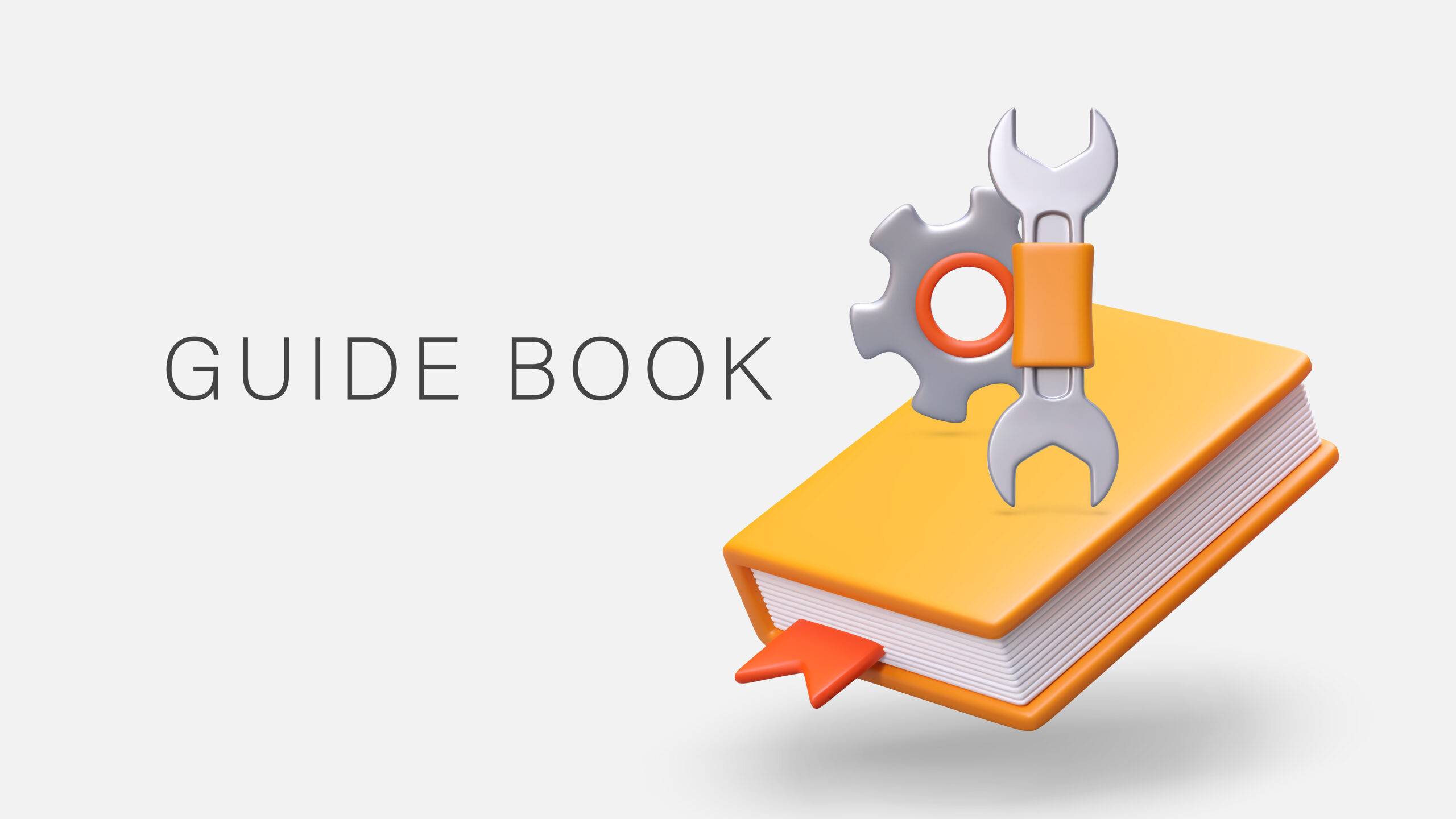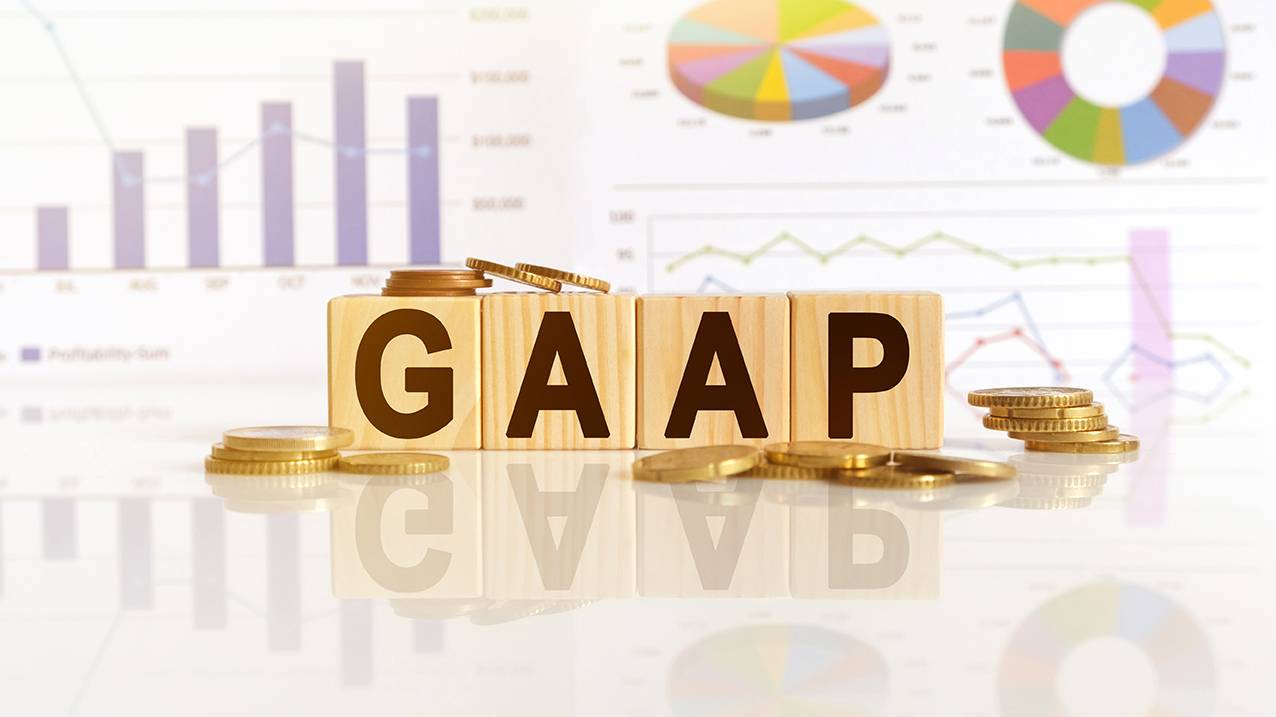Self-Study
Accounting for Truckers
Specialized trucking accounting principles and record-keeping systems to help clients control costs, improve margins, and quickly identify operational issues in their transportation business.

$116.00 – $136.00
Webcasts are available for viewing Monday – Saturday, 8am – 8pm ET.
Without FlexCast, you must start with enough time to finish. (1 Hr/Credit)
Please fill out the form below and we will reach out as soon as possible.
CPE Credits
4 Credits: Accounting
Course Level
Overview
Format
Self-Study
Course Description
Trucking operations tend to run on narrow margins, and so must operate well-designed accounting systems to help them identify and correct problems as quickly as possible. In Accounting for Truckers, we describe the general principles of accounting as they apply to trucking operations, identify accounting transactions specific to trucking, demonstrate how to set up a record keeping system, control costs, measure performance, and much more.
Learning Objectives
Upon successful completion of this course, participants will be able to:
Chapter 1
- Identify how the accounting cycle operates.
- Specify the characteristics of a double entry accounting system.
- Describe how the accrual method of accounting works.
- Identify the accounts typically included in a trucker’s financial statements.
- Specify how a balance sheet is constructed.
- Identify the general account classifications used on a balance sheet.
Chapter 2
- Recall the elements of the journal entries used by a trucking business.
Chapter 3
- Specify the contents of a payroll register.
- Identify the responsibilities of the parties when payroll is outsourced.
Chapter 4
- Specify how to set up a record storage system.
- Specify the rules for dealing with cross-referencing in a filing system.
- Recall the physical storage systems that can be used for record storage.
Chapter 5
- Recall the advantages and disadvantages of the different legal structures that a trucking business might use.
- Specify how freight factoring works for a trucking business.
- Identify the coverage provided by a claims-made policy.
Chapter 6
- Recall the advantages of using a fuel card.
- Recall the advantages of setting up freight lanes.
Chapter 7
- Identify the metrics that can be used to monitor the performance of a trucking business.
Course Specifics
SS123354413
November 27, 2023
There are no prerequisites.
None
101
Compliance Information
CMA Notice: Western CPE makes every attempt to maintain our CMA CPE library, to ensure a course meets your continuing education requirements please visit Insitute of Management Accountants (IMA)
CFP Notice: Not all courses that qualify for CFP® credit are registered by Western CPE. If a course does not have a CFP registration number in the compliance section, the continuing education will need to be individually reported with the CFP Board. For more information on the reporting process, required documentation, processing fee, etc., contact the CFP Board. CFP Professionals must take each course in it’s entirety, the CFP Board DOES NOT accept partial credits for courses.
Meet The Experts

Steven M. Bragg, CPA, is a full-time book and course author who has written more than 300 business books and courses. He provides Western CPE with self-study courses in the areas of accounting and finance, with an emphasis on the practical application of accounting standards and management techniques. A sampling of his courses include the The New Controller Guidebook, The GAAP Guidebook, Accountants’ Guidebook, and Closing the Books: An Accountant’s Guide. He also manages the Accounting Best Practices podcast. Steven has been the CFO or controller of both public and private companies and has been a consulting manager with Ernst & Young and …
Related Courses
-
 Accounting
Accounting
Accountants’ Guidebook
Steven M. Bragg, CPA QAS Self-Study
Credits: 30 $600.00
QAS Self-Study
Credits: 30 $600.00$600.00 – $640.00
-
 Accounting
Accounting
Accounting Fraud: Recent Cases
Joseph Helstrom, CPA QAS Self-Study
Credits: 1 $29.00
QAS Self-Study
Credits: 1 $29.00$29.00 – $49.00
-
 Accounting
Accounting
GAAP Guidebook
Steven M. Bragg, CPA QAS Self-Study
Credits: 29 $580.00
QAS Self-Study
Credits: 29 $580.00$580.00 – $620.00
